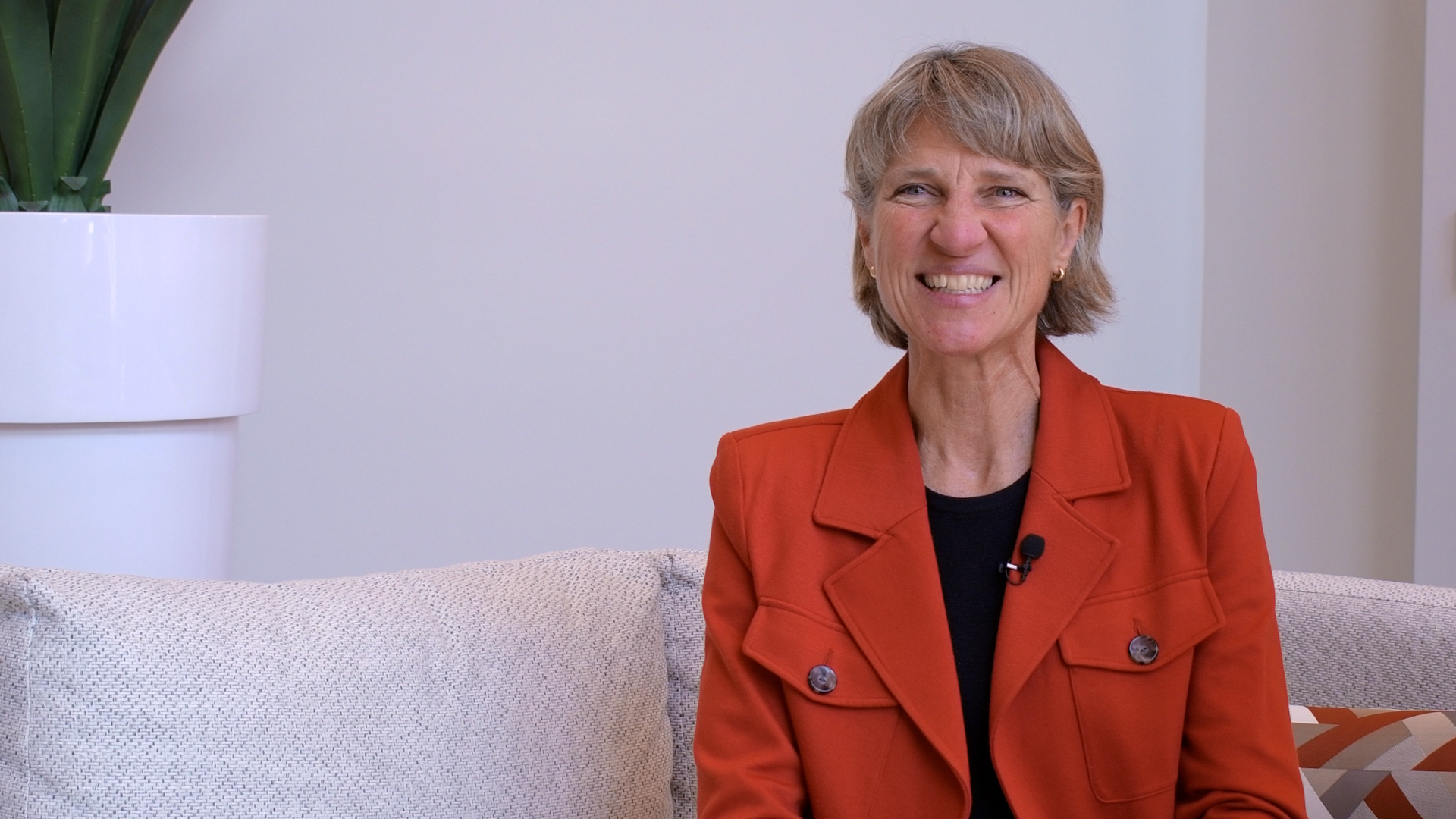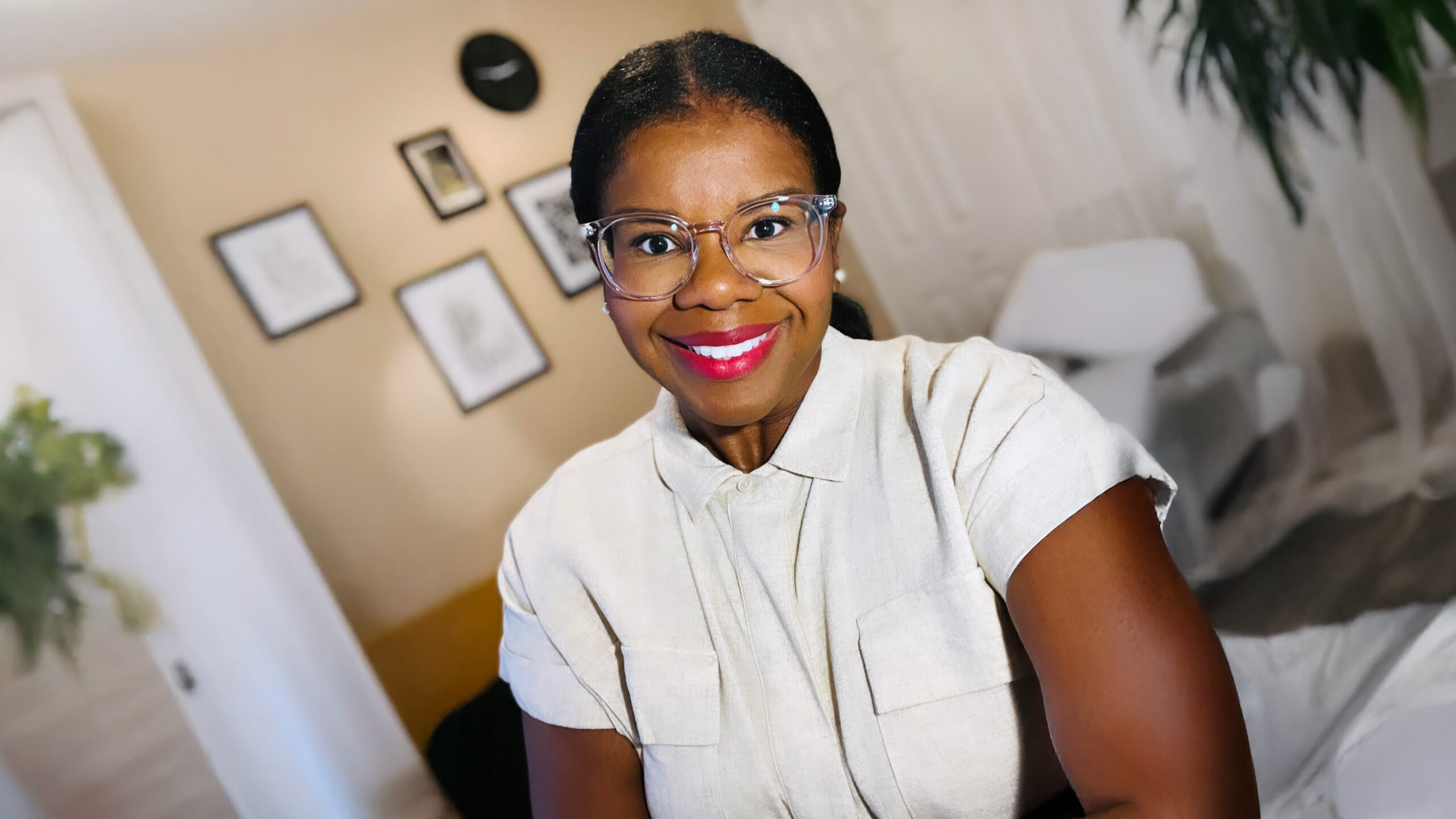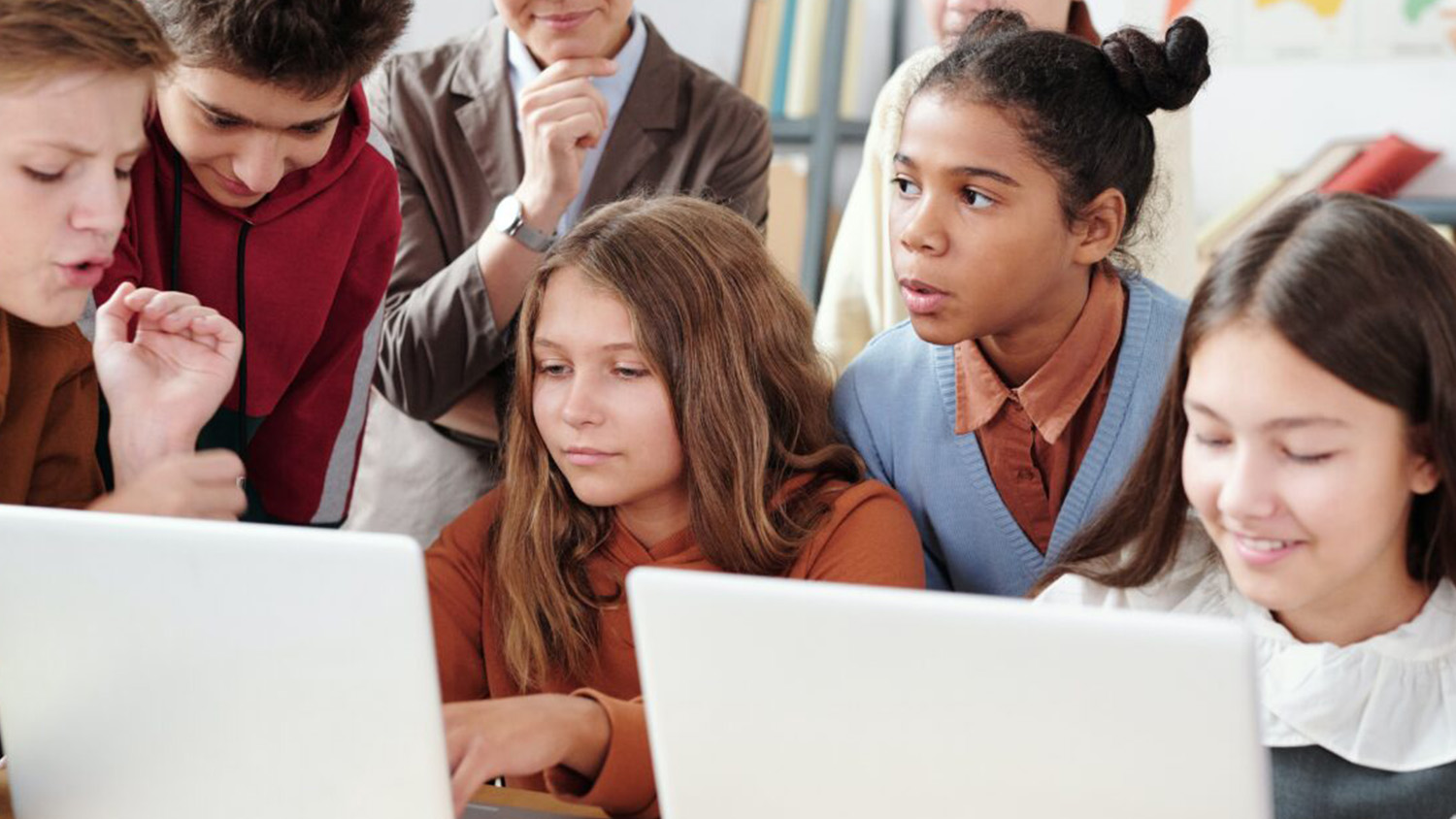For Summer Research Project, Doctoral Candidate Studied Informal Science Educators in Australia
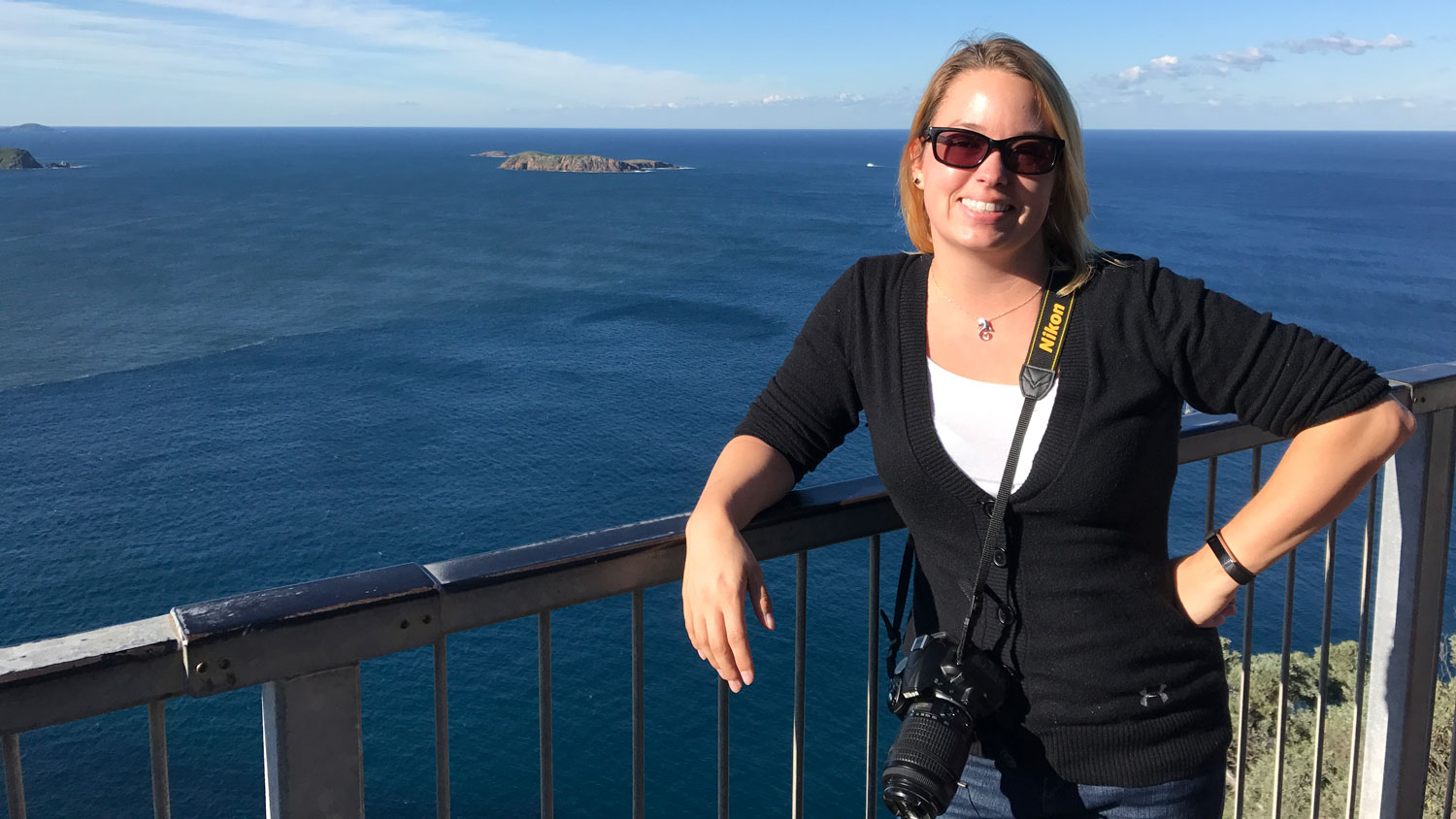
Here are a few things Ph.D. student Megan Ennes learned while abroad in Australia this summer: how to eat Vegemite like an Aussie, how to safely dive in the Great Barrier Reef, and how to react when carefully made research plans go awry.
Ennes is a doctoral student in STEM Education and a National Science Foundation Graduate Research Fellow who spent the past two months conducting research at the University of Newcastle in Callaghan, Australia.
Her plan was to examine Australian students’ informal science experiences and perform a comparative study using a survey she developed with College of Education Professor Gail Jones. They have been working on an ongoing research project — Families and Museums Exploring (FAME) — that explores how out-of-school science experiences influence students’ interest in science and science careers.
But after running into various roadblocks of getting governmental approval to work with Australian schools, Ennes improvised a new research plan.
“Dr. Jones and I are also working on a study examining science museum educators’ levels of self-efficacy in teaching,” Ennes said. “Much of youths’ science learning takes place out of school, so informal science educators play a very important role in the development of their science interest.”
So she collected data on science museum educators in Australia and New Zealand.
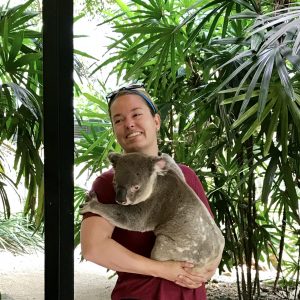
She visited a variety of museums and met with their education directors. She learned that Australia requires all museum educators to be licensed teachers. She also learned to be positive and adaptable in the face of challenges.
“This trip has helped me learn how to be flexible and creative in my research process as you never know what may happen,” Ennes said. “When something doesn’t work out the way you think it should, there is often alternatives to make the best of the situation.”
International experiences are also important for educators, she added, because it allows them to gain new insights to old problems, as well as to develop a network of colleagues around the world.
“It takes a collaborative network to make great change, and I have been inspired to develop a network that may have that same positive impact in the future.”
- Categories:
